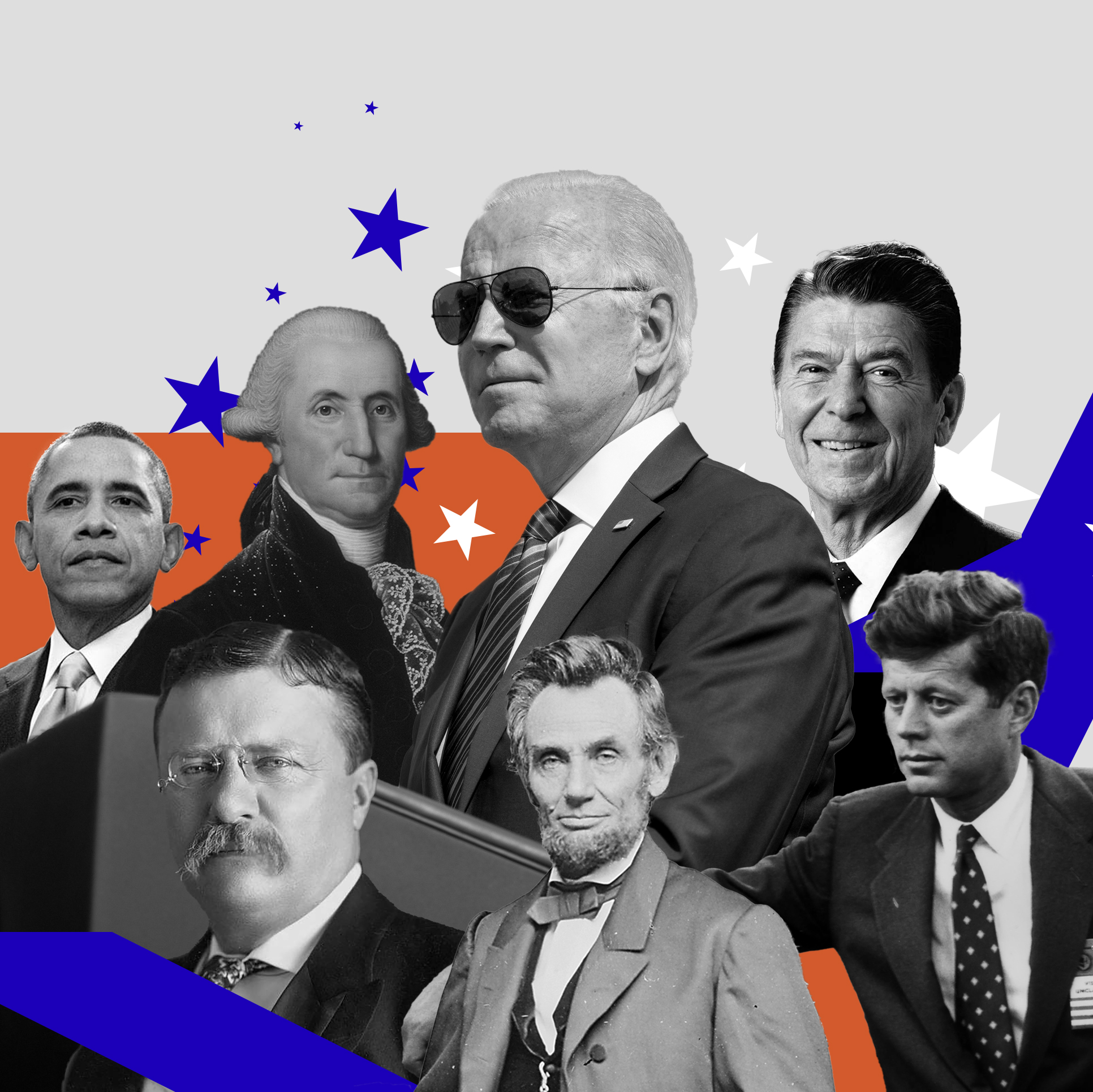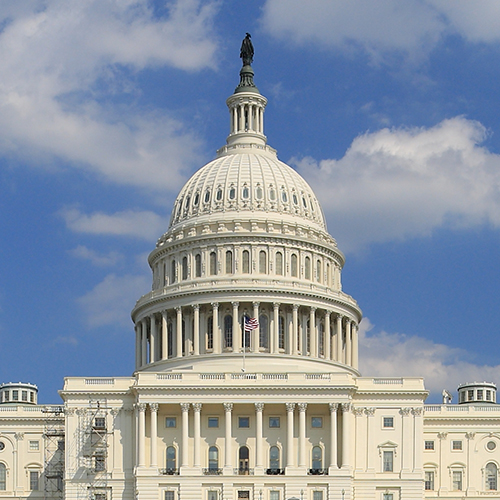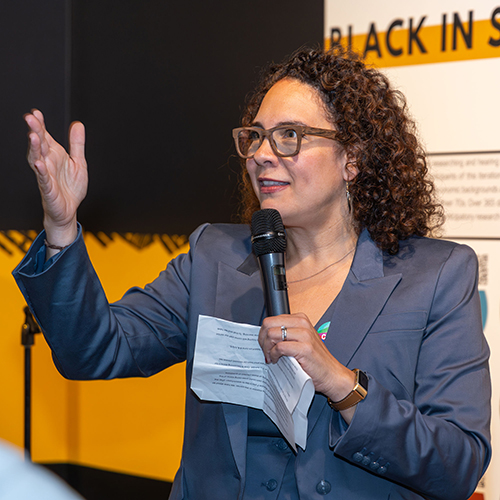When Stephen Sumida, chair of the UW Department of American Ethnic Studies, teaches Comparative American Ethnic Literature next quarter, he will share teaching duties with an award-winning author, an accomplished poet, and an acclaimed screenwriter and director. And they’re all the same person: Sherman Alexie.
Alexie, renowned for books and films that reflect his Native American heritage—including the independent film Smoke Signals—is joining the Department of American Ethnic Studies as senior artist-in-residence. It’s not his first time on campus—he served as commencement speaker in 2003 and has been a guest lecturer in Sumida’s class—but it will be his first experience teaching on an ongoing basis.
“In terms of teaching, I’m still the apprentice,” says Alexie, who is excited to co-teach with Sumida. “I’ll bring the random fires and he’ll be the constant light. It feels safe to me because Steve is such a great teacher.”

Alexie should know. In the late 1980s, when he was a student at Washington State University, Sumida was one of his professors there. “It was a class about American literature seen from a multicultural point of view—much like the class we’ll be teaching together now,” says Sumida. “Sherman came to every class. He did very well.”
In the years that followed, Alexie and Sumida heard about each other through mutual acquaintances but had no direct contact. “I began to hear about his successes in the mid-1990s,” recalls Sumida. “I heard him described by others as an ‘up and coming writer.’ It made me so happy to hear that.”
The two finally met up again in 1998. Two years later Sumida, by then a UW faculty member, invited Alexie to speak to his class. “When students learned he’d be visiting, there was such excitement,” recalls Sumida. “Their parents wanted to come that day.”
In 2001, Sumida and several colleagues approached Alexie with the idea of joining the UW faculty. He was interested but not yet ready to commit, with so many projects already on his plate. This year, he finally agreed.
“I felt sort of disconnected from the community and felt that teaching would help me become more connected,” explains Alexie. “Also, I’m hoping my being at the UW might draw other Native American students and academics to the University.”
Alexie’s artist-in-residence position is an annual appointment. This year he will teach two courses. It’s a chance to see if he “can handle a day job,” he says.
Asked what he’d most like students to learn in his class, he answers without hesitation. “Question everything,” he says. “Most of us live our lives in exclamation points. I want to replace some of those with question marks.”
More Stories

Is This Presidential Campaign Different?
UW History professor Margaret O'Mara provides historical context for this moment in US presidential politics.

Making Sense of This Political Moment
To navigate this momentous election season, Arts & Sciences faculty suggest 10 books about the US political landscape.

Interrupting Privilege Starts with Listening
Personal stories are integral to Interrupting Privilege, a UW program that leans into difficult intergenerational discussions about race and privilege.